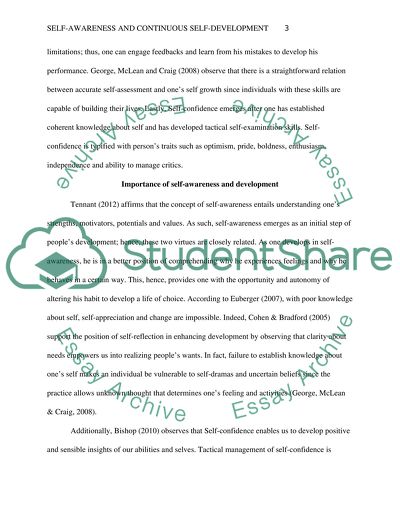Cite this document
(“Self-awareness and continuous self-development Essay”, n.d.)
Retrieved from https://studentshare.org/sociology/1454285-self-awareness-and-continuous-self-development
Retrieved from https://studentshare.org/sociology/1454285-self-awareness-and-continuous-self-development
(Self-Awareness and Continuous Self-Development Essay)
https://studentshare.org/sociology/1454285-self-awareness-and-continuous-self-development.
https://studentshare.org/sociology/1454285-self-awareness-and-continuous-self-development.
“Self-Awareness and Continuous Self-Development Essay”, n.d. https://studentshare.org/sociology/1454285-self-awareness-and-continuous-self-development.


